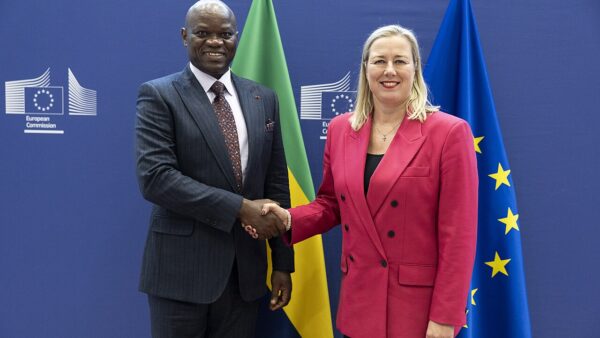Germany says it will stop supporting development projects in around a third of the 85 countries it presently helps, on the grounds that they are failing to improve their governance systems.
The decision was announced last week by Gerd Müller, the development minister. He told the Frankfurter Allgemeine Zeitung: “The new concept means that we are withdrawing from bilateral development cooperation in various countries … and working more intensively where our commitment makes a difference and partners implement reforms.”
Among the countries that will lose German aid are Myanmar, Nepal and Sri Lanka in Asia, Burundi, Sierra Leone and Liberia in Africa, and Cuba, Haiti and Guatemala in the Americas. The decision will affect a wide range of power, water, healthcare and other infrastructure schemes.
Germany has previously included these countries in its Gesellschaft für Internationale Zusammenarbeit, or GIZ, and its Kreditanstalt für Wiederaufbau (KfW) programmes.
In future, Germany will only work with countries that it judges to be implementing reforms for good governance, respecting human rights and combating corruption. However, projects already under way are likely to be completed.
The decision has caused an angry reaction in some of the countries named. Lenn Eugene Nagbe, Liberia’s information minister, told the FrontPageAfrica website that the Liberian government has not been told of any decision to end bilateral development cooperation.
He added: “Our commitment to reform has been recognised by institutions including the IMF and the World Bank. This is evidenced by the IMF’s recent statement on Liberia, when it approved a credit facility of $214m, in which it praised the government’s dedication to carrying out ‘ambitious structural reforms’.”
Sources in GIZ told the Frankfurter Allgemeine Zeitung that the government’s decision carried strategic risks.
They pointed to a similar decision taken in recent years by Australia, after which “China used the gaps Canberra left to anchor itself more deeply in the countries that were excluded. The result was that Canberra reversed its decision in the Pacific, for example in Papua New Guinea”.
The German move is part of its “Vision 2030” scheme, which aims to work with larger countries, such as India, on climate protection and reduce the number of individual projects that are supported.
Image: Staff members of GIZ and KfW visit a project at a school in Gitega, Burundi (SuSanA Secretariat/CC BY 2.0)
Further reading:






